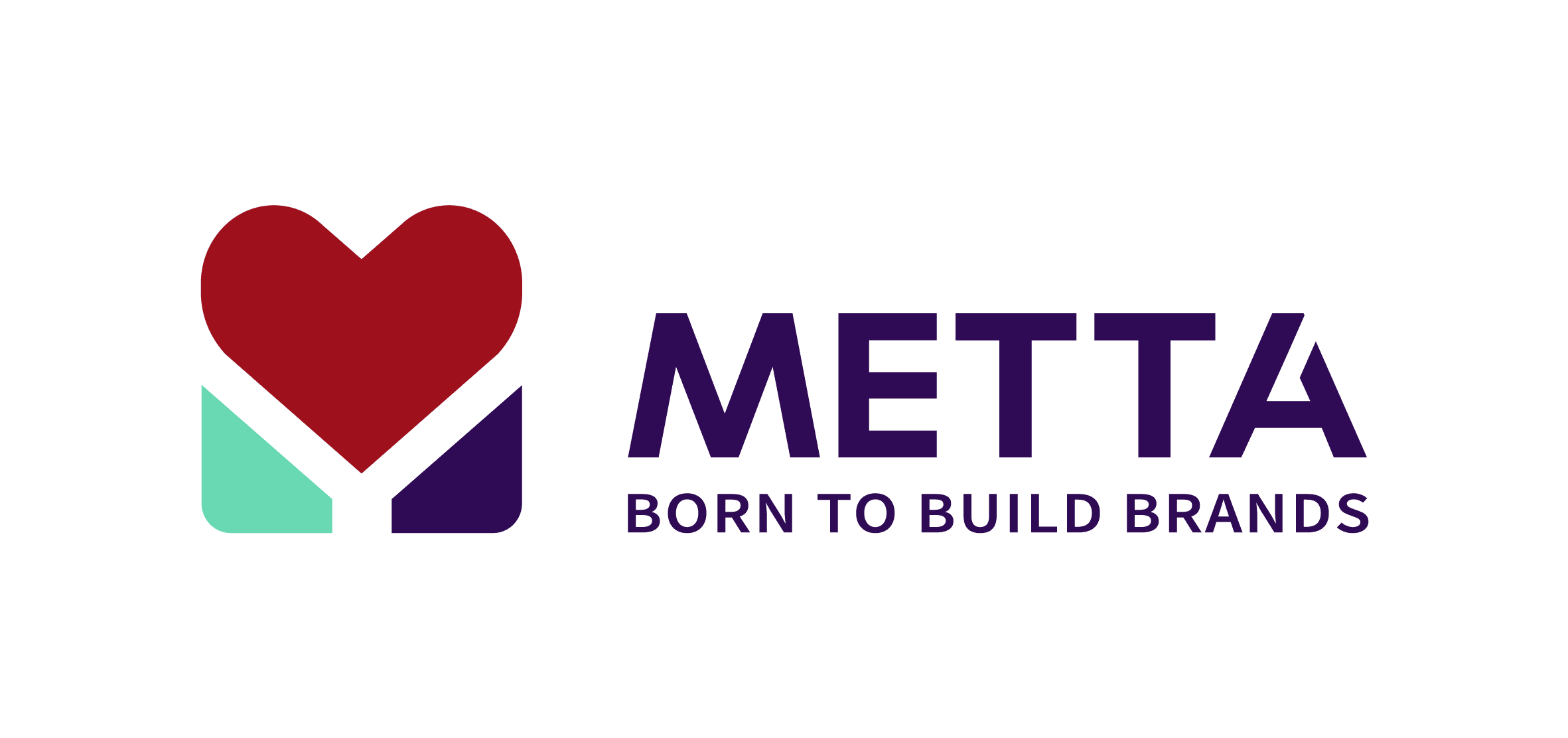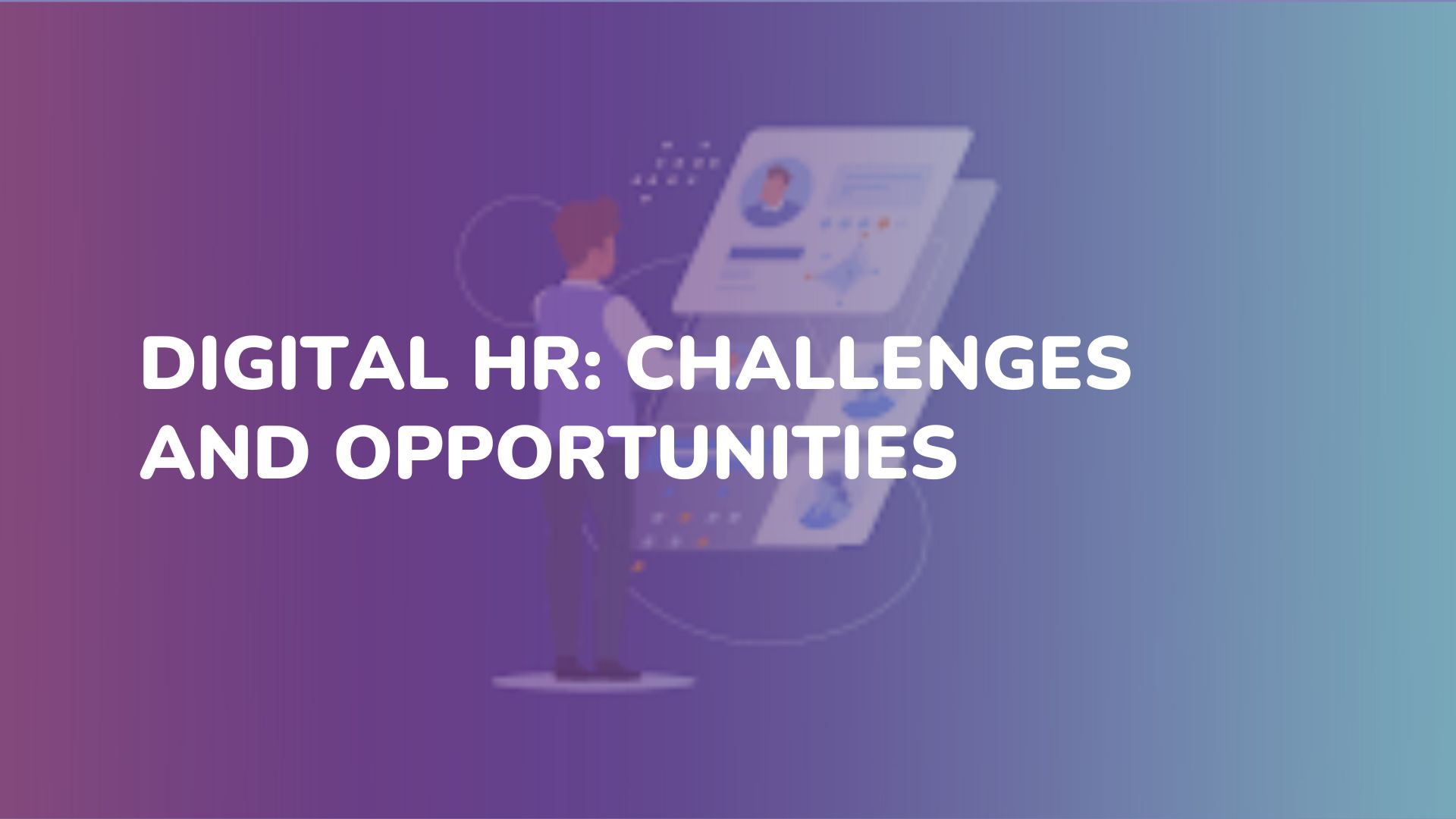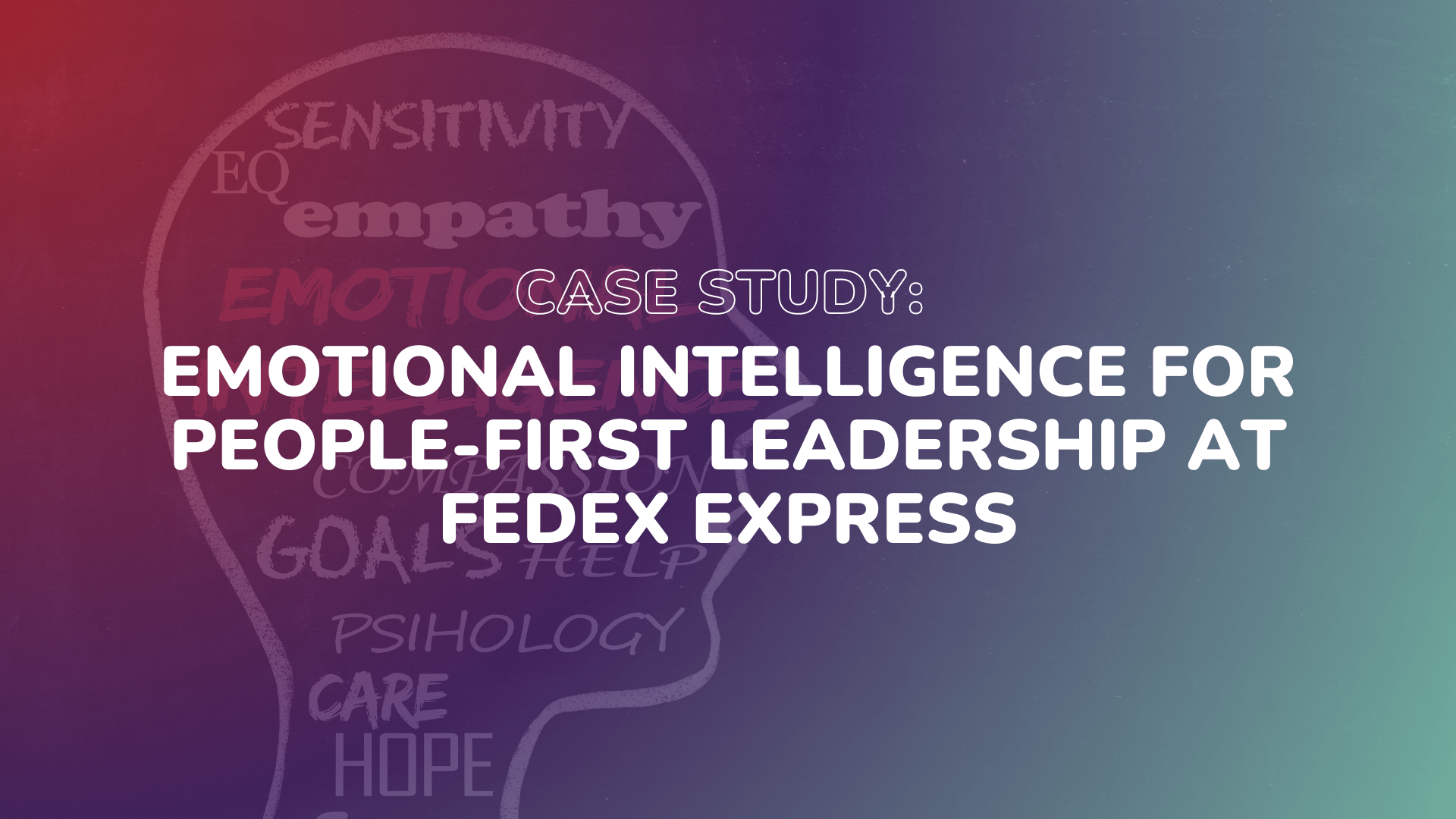Digital HR: challenges and opportunities
“Digitization” HR is a hot topic these days. What do companies expect? Optimize processes, improve efficiency and speed, and finally automate the HR function. But is “digitizing” old processes enough for businesses to improve efficiency?
Today, companies face new challenges in the process of recruiting, retaining and engaging employees.
New digital consumption principles are integrated into the business, leading to changes in employee expectations. Will HR lead these new challenges or will they be left behind?
HR needs to reinvent the organization itself
History
Historically, the function of Human Resources (HR) was created to manage employees. They monitor company regulatory compliance, hiring, processing, referrals, evaluations, compensation and dismissal of employees.
A good HR professional is by nature an accountant with many legal skills; Identify and manage more than 30 distinct processes related to the activities of an ordinary employee in the company.
History has created the bad reputation that HR department faces today. In a job market that focuses on company interests over employee benefits, HR is seen as the voice of the boss rather than a friend of the employee.
Will “digitalization” be the end of Human Resources?
In most countries, legal compliance is complex and constantly changing, making employee management still a large part of the HR department’s day-to-day work. Therefore, HR processes were among the first to be “digitized” and outsourced.
In North America and Western Europe today, at least 30% of companies have hired HR services for payroll management, and this trend is growing. In Belgium, the proportion of businesses using external HR services is 90%.
There are a multitude of new digital solutions applied today on the market to improve the processes of the HR department. We can mention Clustree, a solution that integrates artificial intelligence into HR data processing, Assessfirst in predictive recruitment, Talentsoft offers a wide range of talent management tools or Workday with SaaS (Software as a Service) payroll solution.
In that context, does the business still need a separate function to manage employees, like the current Human Resources department? Is the “digitization” of processes and the use of outsourced services the end of HR?
New challenges in recruiting, retaining and attracting employees
Global HR War
Today’s demographic diversity makes for a very strained talent market. When Generation X people (those born between 1965 and 1980) reach retirement age, they need to be replaced by later generations.
Besides, the economy is increasingly globalized and there are more and more talents. In the past, HR departments competed only with local colleagues, but today, that competition has crossed all borders, creating new demands on corporate branding strategies.
Changing employee expectations
The entry into the job market of Millennials (or Generation Y- those born between 1981 and 1996) is another challenge that HR needs to handle.
Millennials represent the majority of today’s workforce and will make up about 75% of the workforce by 2030.
Millennials’ expectations of the workplace seem quite different from older generations.
Issues such as travel, remote work, flexible working hours, finding meaning and personal development are increasingly important in their decision to choose a job.
Along with the importance of personal development, employees also expect more from their company in terms of community.
When old communities (villages, hamlets) disappear, people tend to search for communities on online platforms, especially in their workplaces.
Pressure to engage employees
Today, most companies have to deal with massive employee turnover, partly due to mismatches between work processes and employee expectations.
The U.S. workforce is considered one of the most engaged groups, but only 30% of employees are engaged. In Western Europe, engagement rates are even lower, with only 10% of French employees actually putting their mind to their jobs. (Source: Gallup)
A sharp drop in cohesion becomes a factor affecting strong performance. In the context of a talent shortage and global competition, there is no doubt that the winners will be those that take advantage of employee engagement.
“Digitalization” – Opportunities for HR to implement operating strategies
In recent years, “digitalization” has profoundly changed the way companies operate. But in all digital transformation plans, people are the key to success. Based on this perspective, “digitalization” is the only opportunity for HR to reinvent itself in a more strategic role.
Employee experience – who’s in charge?
To face the challenge of recruiting, developing, and retaining talent, companies need to reinvent the entire employee experience.
As well as customer experience, someone needs to see things from an employee’s perspective at every step of the employee’s journey with the company.
And although this is important, no one actually does it. Most businesses treat employees as their assets and only perform specific functions.
The IT department is interested in how digital systems will be managed and maintained and how much this will cost. The Internal Communications department is concerned with how effectively the message is conveyed to employees.
The Finance department deals with money and insurance. HR is also often primarily concerned with how the process will be run, rather than focusing on how an employee will understand it.
In the context of “digitalization” and digital transformation, this is especially true. Every department is focused on “digitizing” its processes without regard for the digital experience of its employees.
As a result, employee needs are not met and digital transformation plans fail.
With no department in charge, this is the perfect opportunity for HR to fill this gap and take responsibility for ownership of the employee experience and its digital aspects.
This point alone is enough to prove that HR has a strategic role to play in the C-suite.
Managing changes in digital transformation
HR can also help manage change related to organizational or digital transformation projects.
HR can partner with operations managers to build strategies based on their expertise in managing employees. How to involve older generations in digital processes, how to meet the needs of Millennials, how to capture and transfer expertise… all relevant issues in which HR can play a key role.
Internal Community Management
HR can also deliver value through internal community management. Internal communities represent an untapped strategic value within the company. Internal communities help capture and transfer knowledge, develop corporate culture, and keep employees engaged and satisfied.
External communities also need to be identified and then nurtured to thrive. Here, the Human Resources department also has a certain role.
“Digitizing” HR processes is still being done well, but “digitizing” an old process may not be the right solution.
The Human Resources department is anticipated to play a leading role in the company’s digital transformation and define the digital experience of employees. HR professionals need to multitask as a marketer, a brand ambassador, capable of managing change,… or they will lose their position in the business.
Source: https://www.exoplatform.com/blog/digitization-of-human-resources/
Metta Marketing
Born to build Brands










